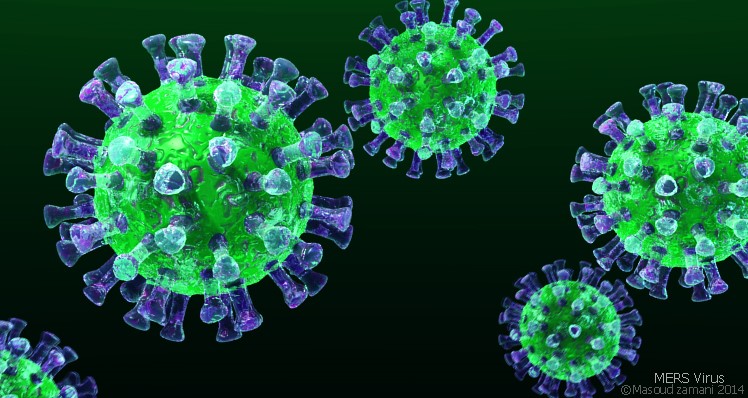Legal Preparedness and the 2019 Novel Coronavirus
In the last week, a novel coronavirus, first identified in the Chinese city of Wuhan, has dominated headlines as cases continue to rise. Fifteen countries have confirmed cases of the virus within their borders, and health officials in China and elsewhere are monitoring thousands of potential more cases. Although the mortality rate of the disease remains relatively low, the speed of transmission and its presence in densely-populated cities have public health officials across the globe on high alert.
The World Health Organization has currently declined to declare the Wuhan Coronavirus outbreak a Public Health Emergency of International Concern (PHEIC). However, in the U.S., legal preparedness and public health response mechanisms are already in motion to help monitor the disease’s spread. In times like these, knowing the public health emergencies powers available to officials at the federal, state, and local level is key to an effective, measured response.
The Center for Health and Homeland Security (CHHS) has over 18 years of expertise responding to public health emergencies. From legal preparedness, to planning and testing, to “boots on the ground,” CHHS has helped clients with responses to seasonal flu, H1N1, measles, tuberculosis, Zika, and Ebola.
Our expertise extends beyond the academic to the practical. In addition to teaching courses at the Maryland Carey School of Law on the Law and Policy of Public Health Emergencies, CHHS has advised clients on isolation and quarantine plans and setting up vaccination clinics for health department clients. We have also helped create legal toolkits for resource sharing and allocation. Through a cooperative agreement with the State Department, we have held training seminars for the West African countries’ public health officials most directly impacted by Ebola.
We regularly prepare emergency legal handbooks for states, cities, counties and quasi-governmental institutions (such as the Maryland Department of Health and Washington Suburban Sanitary Commission). These handbooks highlight both federal and state emergency declaration laws, and are invaluable for helping officials understand not only their powers, but their duties, as well the duties and powers of those around them, in order to affect a more coordinated response.
If the number of coronavirus cases grows in the U. S., many states will likely declare emergencies, which trigger extraordinary powers to the Governor and public health officials and can be challenged by civil liberty groups. Such emergency declarations were seen for SARS and Ebola, as well as H1N1. CHHS staff are ready and able to help clients with their legal and public health preparedness needs.
For additional information about CHHS, please visit our website. For questions, please email thenson@law.umaryland.edu.
For additional information about the novel Coronavirus, see:


